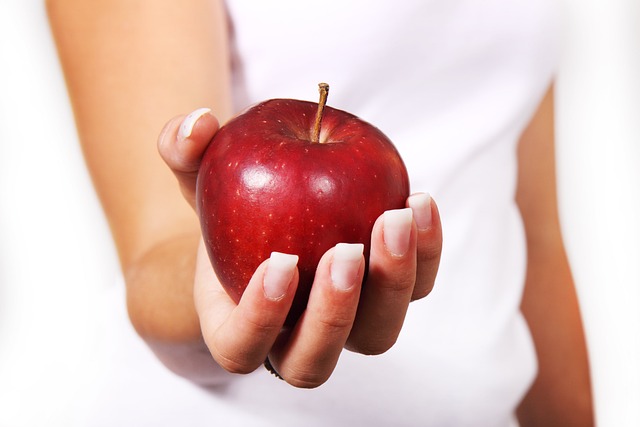Probiotics vs Prebiotics: What’s the Difference and Why They’re Both Important
Probiotics and prebiotics are terms that are commonly heard when talking about gut health. While they may sound similar, they are actually two different things that play important roles in maintaining a healthy gut.
What are Probiotics?
Probiotics are live microorganisms that are found in certain foods, supplements, and even some skincare products. They are often referred to as “good” bacteria because they can help keep your gut healthy by maintaining a balance of the microorganisms that live there.
Some of the most common strains of probiotics include:
- Lactobacillus acidophilus
- Bifidobacterium lactis
- Streptococcus thermophilus
- Lactobacillus plantarum
- Bifidobacterium bifidum
Probiotics can provide a range of benefits, including:
- Improving digestion and nutrient absorption
- Strengthening the immune system
- Reducing inflammation
- Preventing and treating diarrhea
- Helping to manage symptoms of certain digestive disorders, such as irritable bowel syndrome (IBS)
Probiotic-rich foods include yogurt, kefir, sauerkraut, miso, and kimchi. They can also be found in supplement form, such as capsules, powders, and gummies.
What are Prebiotics?
While probiotics are live microorganisms, prebiotics are a type of fiber that humans cannot digest. Instead, they act as food for the good bacteria in your gut.
Some common prebiotics include:
- Inulin
- FOS (fructooligosaccharides)
- GOS (galactooligosaccharides)
- XOS (xylooligosaccharides)
Prebiotics help to stimulate the growth of probiotics in your gut, which can help maintain a healthy balance of microorganisms. They can also provide a range of benefits, including:
- Improving digestive function
- Enhancing calcium absorption
- Reducing inflammation
- Supporting the immune system
- Helping to manage symptoms of certain digestive disorders, such as IBS
You can find prebiotics in many foods, including:
- Asparagus
- Bananas
- Onions
- Garlic
- Artichokes
Prebiotics are also available in supplement form.
Probiotics vs Prebiotics: What’s the Difference?
The main difference between probiotics and prebiotics is that probiotics are live microorganisms, while prebiotics are a type of fiber that acts as food for the good bacteria in your gut. While they are different, they work together to help maintain a healthy balance of microorganisms in your gut, which can provide a range of health benefits.
Think of it like planting a garden. Probiotics are like the seeds that you plant, while prebiotics are the fertilizer that helps them grow. Without prebiotics, probiotics may not be able to survive or thrive.
It’s important to note that not all probiotics and prebiotics are created equal. Different strains of probiotics can provide different benefits, and some prebiotics may be more effective than others. It’s also important to consume probiotics and prebiotics regularly to see the most benefit.
The Bottom Line
Probiotics and prebiotics play important roles in maintaining a healthy gut. Probiotics are live microorganisms found in certain foods and supplements that can provide a range of benefits, while pre







